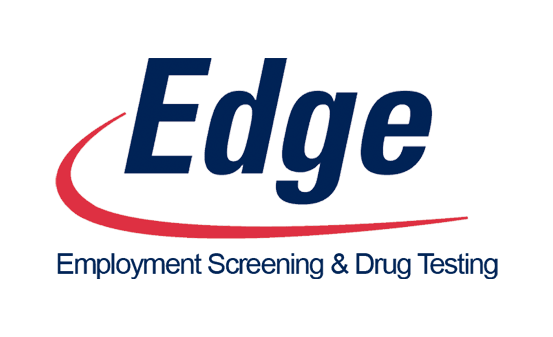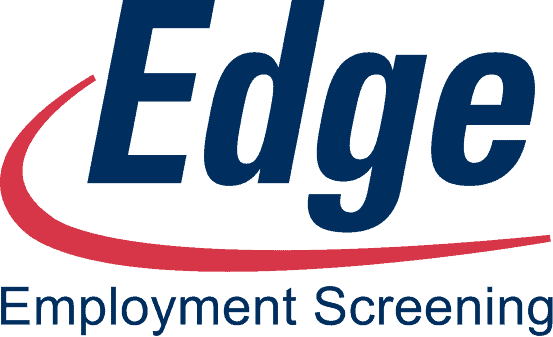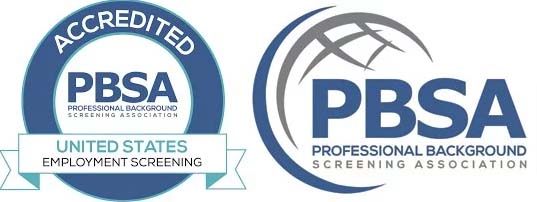Conducting an employment background check is an essential procedure in today’s highly competitive business landscape, where maintaining a company’s strong public standing is highly impactful. One of the critical challenges businesses face is the potential risk posed by employee misconduct, which could potentially lead to severe reputational damage. To proactively protect their brand image and maintain trust with customers, partners, and stakeholders, companies typically prioritize employment background checks during the hiring process.
The conduct of a thorough pre-employment background check helps employers assess the suitability and integrity of candidates by identifying potential red flags, such as criminal records or misrepresentations on resumes. Once employed, employee monitoring further ensures that employees adhere to company policies, maintain productivity, and comply with ethical standards.
By integrating employee monitoring with employment background checks, businesses can establish a comprehensive approach to safeguard their reputation, build a positive work culture, and foster an environment of trust and accountability.
Understanding the Impact of Employee Misconduct
Employee misconduct can significantly damage a company’s reputation, affecting customer trust, investor confidence, and overall brand perception. Instances of fraud, theft, or workplace harassment can quickly make headlines and spread across social media, impacting the organization’s bottom line and long-term success. Without a proper pre-employment background check process, businesses run the risk of hiring individuals with a history of misconduct or dishonesty, inadvertently putting their reputation at stake.
Pre-employment background checks act as a preliminary line of defense against potential risks. By thoroughly vetting candidates before they join the workforce, employers may uncover critical information, such as criminal records, employment history discrepancies, or undisclosed past issues. Armed with this knowledge, businesses can make informed hiring decisions, mitigate the chances of misconduct or injury within their ranks, and protect their hard-earned reputation from harm.
The Role of Pre-Employment Background Checks in Hiring
Pre-employment background checks are a critical component of the hiring process that involves investigating a candidate’s history to assess their suitability for a position. They provide invaluable insights into a candidate’s past, helping employers make informed decisions that safeguard the company’s reputation and interests.
Various types of employment background check procedures help build a comprehensive profile of a candidate. These procedures include:
- Criminal history checks reveal any prior convictions, providing critical information to evaluate potential risks associated with hiring an individual.
- Employment verifications help to verify that the candidate’s stated work experience and skill set are legitimate, helping to weed out dishonest applicants.
- Education verification confirms the authenticity of academic qualifications, ensuring the candidate possesses the knowledge or potential certification required for a given position.
Thorough pre-employment background checks enable employers to identify potential red flags early in the hiring process, reducing the likelihood of bringing on individuals with a history of misconduct or fraudulent behavior. By incorporating these checks into their hiring procedures, companies demonstrate a commitment to maintaining a trustworthy and reputable workforce, thus fortifying their brand image in a competitive business landscape.
Safeguarding Company Interests through Employee Monitoring
Employee monitoring is a practice that involves observing and tracking employees’ activities within the workplace to safeguard a company’s reputation and protect its interests. By implementing various forms of monitoring, employers can mitigate risks and ensure compliance with company policies and ethical standards.
Employee monitoring takes many different forms and may include:
- Monitoring computer usage
- Tracking internet activity
- Monitoring email communication
- Monitoring criminal records post-hire
These measures help prevent potential misconduct, unauthorized data sharing, and the misuse of company resources. By having visibility into employee actions, employers can identify and address issues promptly, maintaining a secure and productive work environment.
However, it is crucial to strike a balance between employee privacy and the need for workplace security. Respecting employee privacy rights and transparency is essential to avoid potential legal and ethical concerns. Effective communication with employees about monitoring practices can help foster trust, emphasizing the purpose of monitoring as a means to protect company interests while maintaining respect for individual privacy.
By implementing appropriate employee monitoring measures, businesses can proactively safeguard their reputation, prevent misconduct, and create a culture of accountability and compliance within the organization.
Integrating Background Checks and Employee Monitoring for Comprehensive Protection
Integrating pre-employment background checks and employee monitoring creates a robust system for comprehensive protection against reputational risks. While pre-employment background checks help identify potential red flags before hiring, employee monitoring ensures ongoing compliance and adherence to company policies after employees are onboard.
The synergy between these two approaches enhances risk mitigation. Pre-employment background checks act as a proactive measure, preventing the hiring of individuals with a history of misconduct. On the other hand, employee monitoring that includes criminal activity or interactions with law enforcement post-hire provides real-time insights into employee behavior and activities, allowing employers to detect any potential issues promptly. This knowledge allows an organization to be in the know and have a conversation with an employee about a given situation rather than potentially being blind sided by police coming to the workplace or, even more damaging, a newspaper or social media story being published.
By combining these strategies, companies establish a layered defense against threats to their reputation. They can confidently hire candidates with a clean background and then maintain a secure work environment by monitoring employees’ actions. This proactive and continuous approach helps protect the company’s reputation, fosters a culture of accountability, and reinforces customer trust and loyalty. While the monitoring of an employee’s computer, internet, and email usage has been used for many years, criminal monitoring is a more recent advancement, given the availability and accuracy of real-time updates via county courts.
Legal and Ethical Considerations
When conducting pre-employment background checks and implementing employee monitoring, businesses must navigate various legal and ethical considerations to protect both candidates’ and employees’ rights.
It is important to remain compliant with relevant laws, such as the following:
- The Fair Credit Reporting Act (FCRA) governs background checks, outlining strict guidelines on obtaining, using, and disposing of consumer reports.
- The Equal Employment Opportunity Commission (EEOC) ensuresthat background checks do not discriminate against protected classes.
Transparency is essential in the background check process. Employers must inform candidates about the checks’ scope and obtain written consent before proceeding. Additionally, employees should be aware of any monitoring practices, fostering an open and trusting work environment.
Adhering to these legal and ethical considerations allows businesses to utilize pre-employment background checks and employee monitoring to protect their reputation and the safety of their workforce without compromising individuals’ rights.
Creating a Positive and Trustworthy Work Culture
A safe and trustworthy work culture is crucial for any company aiming to protect and enhance its reputation. Pre-employment background checks and employee monitoring may play integral roles in fostering such an environment.
By conducting thorough background checks during the hiring process, organizations demonstrate a commitment to hiring individuals with the skills, integrity, and ethical conduct they are searching for. This practice not only minimizes the risk of employee misconduct but also instills confidence in the existing workforce, knowing they are part of a company that prioritizes safety and ethical standards.
Employee monitoring further reinforces the message of trust and accountability within the organization. Transparent communication about monitoring practices helps employees understand that the company values their safety and aims to maintain a productive and secure work environment. When employees feel secure and trusted, they are more likely to remain loyal to the company and act as brand ambassadors, positively influencing the company’s culture and reputation in the eyes of customers and stakeholders alike.
Ultimately, a positive work culture built on the foundation of pre-employment background checks and employee monitoring strengthens the company’s reputation and contributes to its long-term success.
Training and Education for Employees
Training and education are integral to creating a well-informed and responsible workforce. Employers should prioritize providing employees with comprehensive information about the pre-employment background check process and ongoing monitoring procedures. This transparency not only helps employees understand the reasons behind these measures but also reinforces the organization’s commitment to their safety and the protection of its reputation.
Educating employees on the importance of maintaining a safe and compliant workplace fosters a shared sense of responsibility among the workforce. By understanding how background checks and monitoring contribute to a secure work environment, employees are more likely to actively support these initiatives.
Promoting a culture of responsibility and accountability further strengthens the company’s reputation. When employees feel involved and engaged in maintaining the organization’s integrity, they become advocates for upholding ethical standards and contribute to a positive workplace environment. Empowering employees through training and education may help companies create a cohesive team that prioritizes the company’s reputation and works collaboratively to ensure its continued success and, by extension, the success of the workforce itself.
Bottom Line
In conclusion, safeguarding your company’s reputation through a combination of pre-employment background checks and employee monitoring is not merely an option but a necessity in today’s competitive business landscape. Proactively identifying potential risks during and after the hiring process may strengthen ongoing compliance and safety through monitoring. Businesses are endeavoring to protect their brand image, foster a positive work culture, and build trust with employees and stakeholders. Embracing these practices demonstrates a commitment to ethical hiring, employee well-being, and a secure work environment, laying the foundation for long-term success and prosperity.









